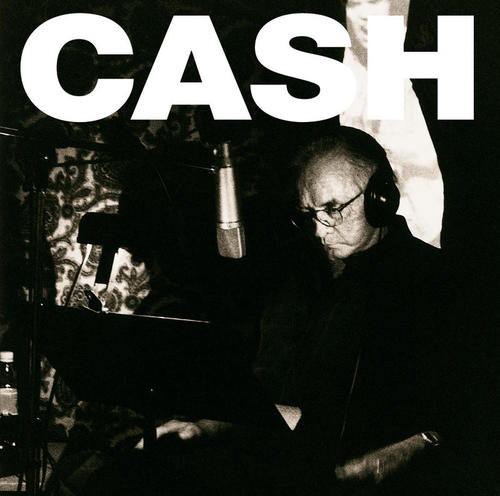
American V: A Hundred Highways
by William RuhlmannAmerican V: A Hundred Highways is the long-awaited album of Johnny Cash's final recordings, the basic tracks for which (i.e., Cash's vocals) were recorded in 2002-2003, with overdubs added by producer Rick Rubin after his death on September 12, 2003, at age 71. Between 1994 and 2002, Cash and Rubin had succeeded in fashioning a third act for the veteran country singer's career, following his acclaimed 1950s work for Sun Records and his popular recordings for Columbia in the 1960s and '70s. In the '80s, Cash's star had faded, but Rubin reinvented him as a hip country-folk-rock elder at 62 with American Recordings (1994), his first new studio album to reach the pop charts in 18 years. Unchained (1996) and American III: Solitary Man (2000) continued the comeback, at least as far as the critics were concerned, though none of the albums was actually a big seller. But American IV: The Man Comes Around (2002), propelled by Cash's cover of Nine Inch Nails' "Hurt" and a powerful video, stayed in the pop charts longer than any Cash album since 1969's Johnny Cash at San Quentin. By 2002, however, Cash was in failing health, homebound and in a wheelchair, and he suffered a personal blow when his wife, June Carter Cash, died on May 15, 2003. The American series, which posited Cash as an aged sage and the repository for a bottomless American songbook, had already shown a predilection for gloom in the name of gravity; it's no surprise that the fifth and final volume would be even more concerned with, as three earlier Cash compilations had put it, God, Love, and Murder. The ailing septuagenarian certainly sounds like he's near the end of his life, but that said, he doesn't sound bad. Cash was never a great singer in a technical sense: he hadn't much range, his pitch often wobbled, and his lack of breath control sometimes found him grasping for sound at the end of lines. But he was a great singer in the sense of projecting a persona through his voice; his emotional range, which went from a Sinatra-like swagger to an almost embarrassingly intimate vulnerability, was as wide as the spread of notes he could hit confidently was narrow. Such a singer doesn't really lose that much with age; in fact, he gains even more interpretive depth. Listening to this album, one can't get around the knowledge that it is a posthumous collection made in Cash's last days, but even without that context, it would have much the same impact. ... Read More...
